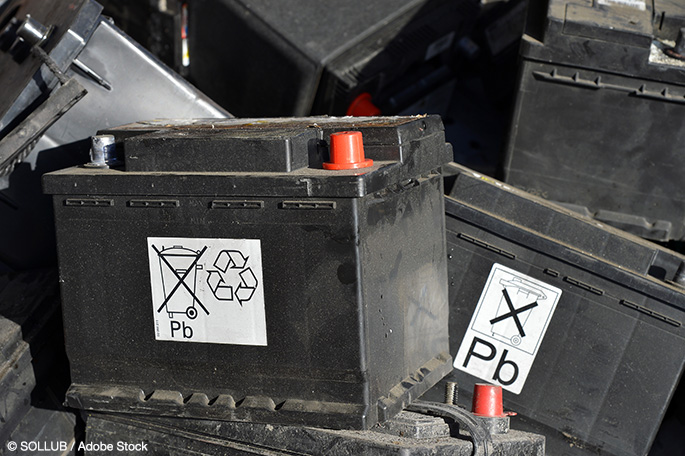
Demand for electric cars is growing every day, and as technology improves, these vehicles are only going to get more affordable. However, it has been pointed out that the batteries used in electric vehicles like the Chevy Volt, or the cars made by Tesla, have an average lifespan of 8-10 years, at which point it no longer holds enough of its original charge to be useful as a transportation battery. However, even after a decade of re-charging, these batteries can still hold up to an 80 percent charge. So, rather than throwing them away, car manufacturers are exploring other options that will ultimately benefit everyone.
Green Energy, Battery Power, and Zero Waste Storage
Around the globe, we are producing more green energy than ever before. Solar power is exploding, wind energy is on the rise, and alternative sources of power from tidal generators to OTEC energy are all being explored. However, there are some places, like California and parts of Europe, who are actually producing more green energy than they can use. Not that they’re 100 percent green, far from it, but they don’t have the ability to store the power they generate so it can be used later.
That’s where these used electric car batteries come in. According to Think Progress, several vehicle manufacturers have taken their used vehicle batteries and re-purposed them as green energy storage. While most of the projects have been fairly modest in size; such as powering data storage centers or remote facilities. Collections of batteries have shown it’s possible for us to use an existing resource (and one which is largely considered trash, to boot) to start storing all that unused solar, wind, and renewable power we’re generating.
If this solution is embraced, it could lead to some serious changes in how many towns, cities, and even nations decide it’s time to turn off fossil fuels for power, as well as for transportation.




































































































































 Three Ways to Engage Teams and Clients to Maximize Your Recycling Program Engagement
Three Ways to Engage Teams and Clients to Maximize Your Recycling Program Engagement  How to Integrate Accessibility Into Your Sustainability Planning
How to Integrate Accessibility Into Your Sustainability Planning  Why Park Benches Can Promote Workplace Well-Being
Why Park Benches Can Promote Workplace Well-Being 
